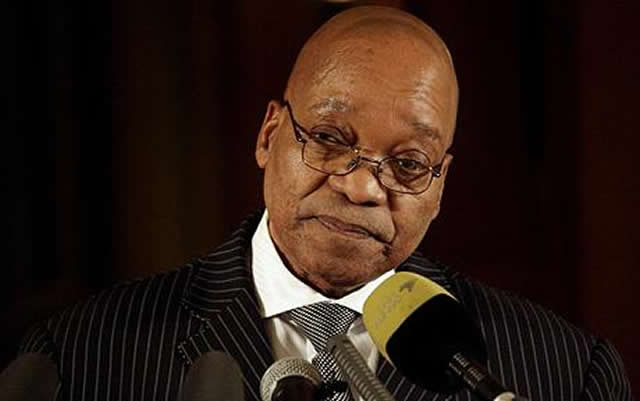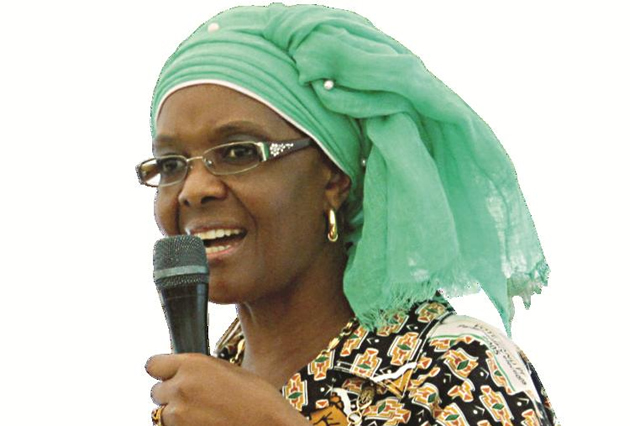SA declares zero tolerance on #FeesMustFall demos

Convinced that university students are being influenced by “regime change agents”, government has instructed the police to act in an “uncompromising way” to enforce the law if protests continue.
According to feedback given to senior security officials, President Jacob Zuma told ministers in a meeting, held on Thursday, that there was an urgent need to bring the violence under control.
Zuma said this was necessary before the academic year came to an end to avoid a far worse security situation at the beginning of next year.
Such a scenario would see new matriculants struggle to secure admission space if current first-year students did not write their exams and, as a result, would have to repeat classes.
Universities South Africa, the organisation representing the country’s tertiary institutions, this week said the damage to universities was currently running at more than R600m.
According to the minutes of Thursday’s meeting, in terms of the new security plan, police were expected to “enforce the laws of the country in an uncompromising manner” – and “the criminal justice system should create strong examples of how the law deals with people who venture into acts of vandalism, intimidation and violence”.
The security directive goes on to state: “Evidence should be gathered in a manner that links specific individuals to specific transgressions for ease of prosecution.”
Government is set to establish a multiprovincial police task force to deal more effectively with the protests.
State Security Minister David Mahlobo told a media briefing, held on Friday, that in the case of hard evidence, those involved in violence should receive a “maximum sentence” in terms of the law.
“Because if we do not do that, this kind of lawlessness is going to continue. These individuals are very few, [so] they cannot continue to intimidate our people,” he said.
Mahlobo added that student leaders were trying to exercise leadership, but there were “other people” introducing the violence. “There is an agitation and provocation of the police there.”
A comprehensive communication strategy would also be developed and “specifically take the propaganda war to the social media space”.
On Friday, a series of meetings were held at the Protea Hotel at OR Tambo International Airport, attended by directors-general in the security cluster, public order police officials, students’ representatives council (SRC) presidents and secretaries, representatives of institutions of higher learning and security cluster communicators.
At Friday’s media briefing, following the marathon of meetings, the ministers — including Police Minister Nathi Nhleko, Mahlobo, Justice and Correctional Services Minister Michael Masutha and Higher Education Minister Blade Nzimade — presented a joint statement with student leaders, detailing how they planned to restore stability to tertiary institutions.
However, some of the student representatives attending the meetings openly disagreed with the statement and described the proceedings as “a waste of time”.
Others said the ministers had made “subtle threats” during the discussions.
At the meeting Nzimande was quoted as saying what had “started as a progressive campaign – as #FeesMustFall — has now become counter-revolutionary”.
Mahlobo told students who attended the meeting that there were people working hard to “hijack your issues as young people.
“We need to be able to clamp down. Academics who are trying to pretend they are advising or mentoring outside the elected structures of the SRC are trying to mobilise and mentor people for other interests,” he said. — Sapa













Comments